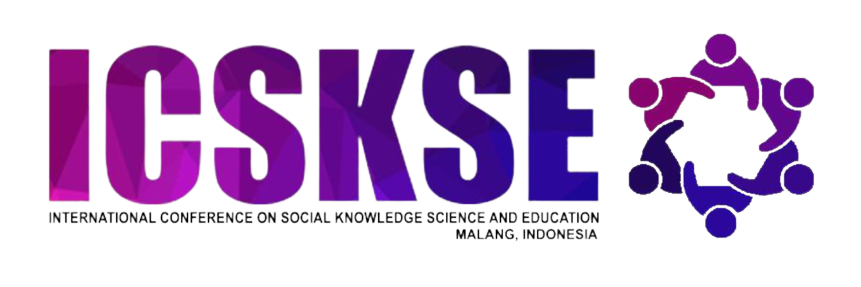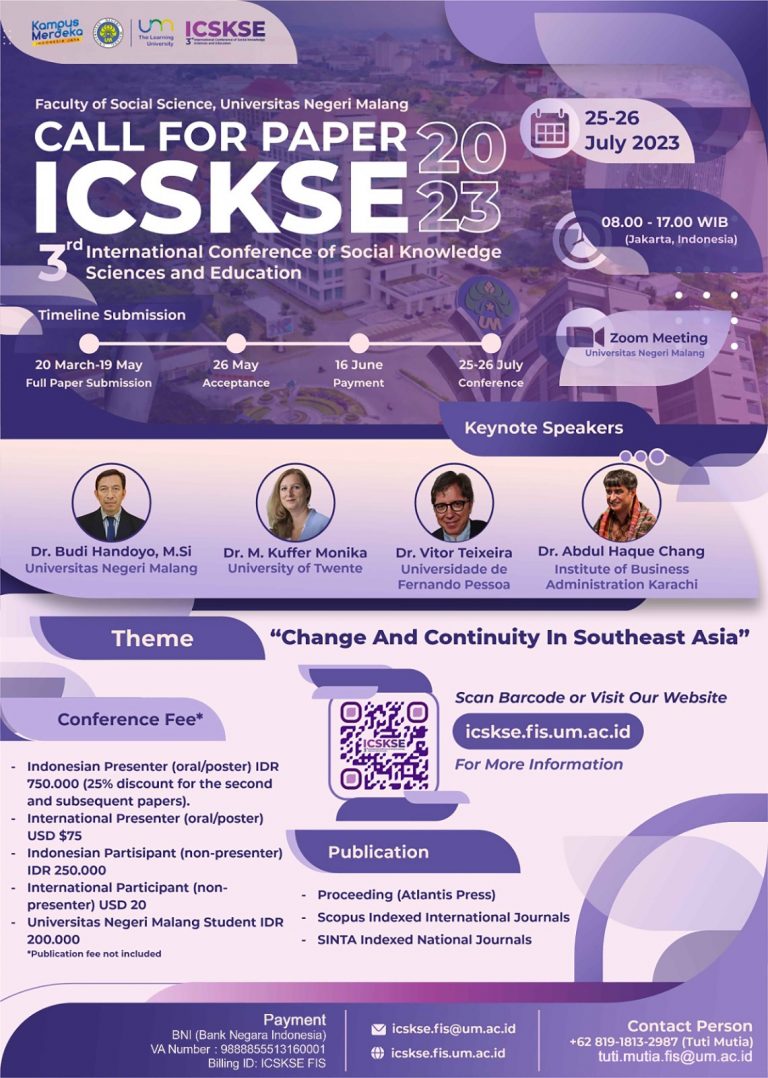- 3rd International Conference on Social Knowledge Sciences and Education (ICSKSE)
ICSKSE
“CHANGE AND CONTINUITY IN SOUTHEAST ASIA”
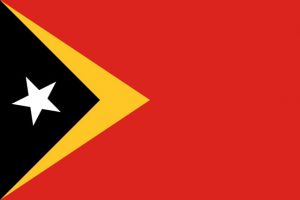
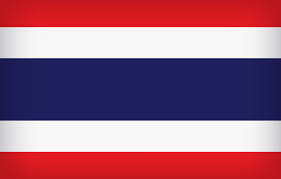
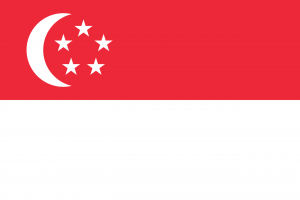
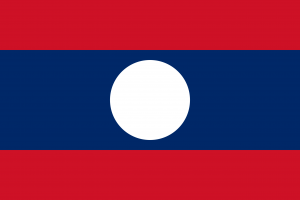

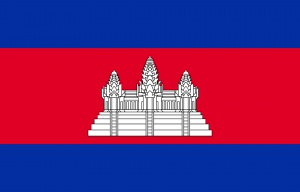
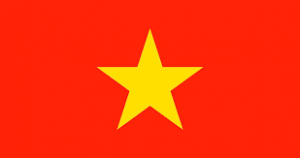
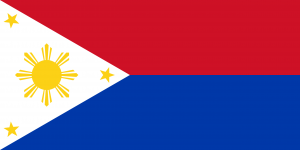
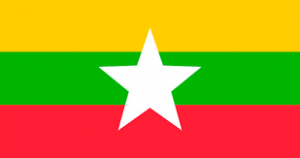

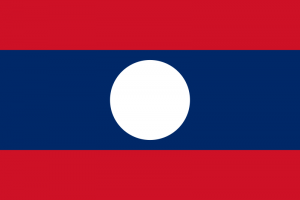
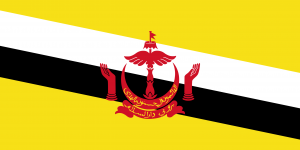
- REVIEW POLICY
About Conference Peer Review
Peer review is vital to the quality of published research. ICSKSE requires all conference papers go through the peer review process before publication.
How does it work?
Peer review is a process in which a scientific paper is evaluated by a group of experts in the same field to make sure it meets the necessary standards for acceptance and publication. ICSKSE Conference’s Program Chair will appoint a Publication Committee. The Publication Committee collaborates with reviewers to evaluate and discuss submitted papers. Review occurs during a fixed window of time. All authors are notified of the decision on their paper at the next stage. The publication committee is ultimately responsible for the selection of every accepted paper. The most common types of peer review are single-anonymous and double-anonymous review. In single-anonymous, the names of the reviewers are not shared with the author, but the reviewers are aware of the author’s identity. In double-anonymous, neither the author nor the reviewers are aware of each other’s identity. Both models ensure that the reviewer can give an honest and impartial evaluation of the paper. Most ICSKSE publications use the single-anonymous review format.
What Are Reviewers Looking For?
During the peer review process, reviewers look for the following issues; Scope: Is the paper appropriate for the scope of this conference?; Novelty: Is this original material distinct from previous publications?; Validity: Is the study well designed and executed?; Data: Are the data reported, analyzed, and interpreted correctly?; Clarity: Are the ideas expressed clearly, concisely, and logically?; Compliance: Are all ethical and publication requirements met?; and Advancement: Is this a significant contribution to the field?
Peer Review Decisions
Conference peer review occurs within a fixed window of time. All authors are notified of the peer review decision on their paper at the same time. You may receive one of three possible decisions.
Accept: Your paper will be published without edits. You may be asked to upload final camera-ready files or to sign a copyright form.
Accept with revision: Your paper will be accepted after you implement edits suggested by the reviewers. You will be asked to provide a revised version.
Reject: Your paper will not be presented at the conference or published in the conference proceedings. You may submit your paper to another ICSKSE publication.
Due to a limited peer review period, ICSKSE, sometimes, do not offer a revision option. Instead, they will either accept or reject the initial submission.
- Overview
Socio-culturally, people in the Southeast Asian region have a heterogeneous composition. This diversity can be seen from the large number of ethnic compositions that inhabit the region. For example, in Indonesia, there are already various ethnic groups, not yet to mention in other regions such as Malaysia, Philippine, and others. The diversity of these ethnic groups is directly proportional to the variety of languages that exist in Southeast Asia. Similarly with the languages, the culture in these ethnic groups is definitely diverse. Interestingly, this diversity is constantly changing, keeping up with the global changes. These changes are important to study, in order to get an overview of the socio-cultural changes and continuity that currently exist in the Southeast Asian region.
The various changes and continuity that occur historically, geographically, and socio-culturally mentioned above, will also have various impacts on the educational aspect. Therefore, it is also pivotal to examine the various change and continuity that occur in the field of education of Southeast Asia. This is because the field of education will determine where Southeast Asia will be taken in the future.
- Our Speakers
Keynote Speakers
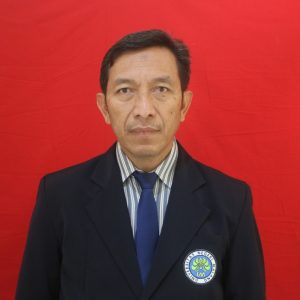
Dr. Budi Handoyo, M.Si

Dr. Abdul Haque Chang

Dr. Vitor Teixeira

Dr. Monika Kuffer
To be confirmed
- AIM
The aim of this conference is

- Important Dates
Submission (Full Paper)
20 March – 19 May 2023
Acceptance
26 May 2023
Payment
16 June 2023
Conference
25 – 26 July
- Publication
Conference Publication
The conference committee will arrange publication in an indexed proceeding with Atlantis Press, Scopus indexed journals, and national indexed journals. The cost of this publication will be informed later on.
- Conference Fee
Indonesian presenter
- Oral / Poster
International presenter
- Oral / Poster
Indonesian participant
- non-presenter
International participant
- Non presenter
Student Universitas Negeri Malang
- Oral / Poster
- Partners


